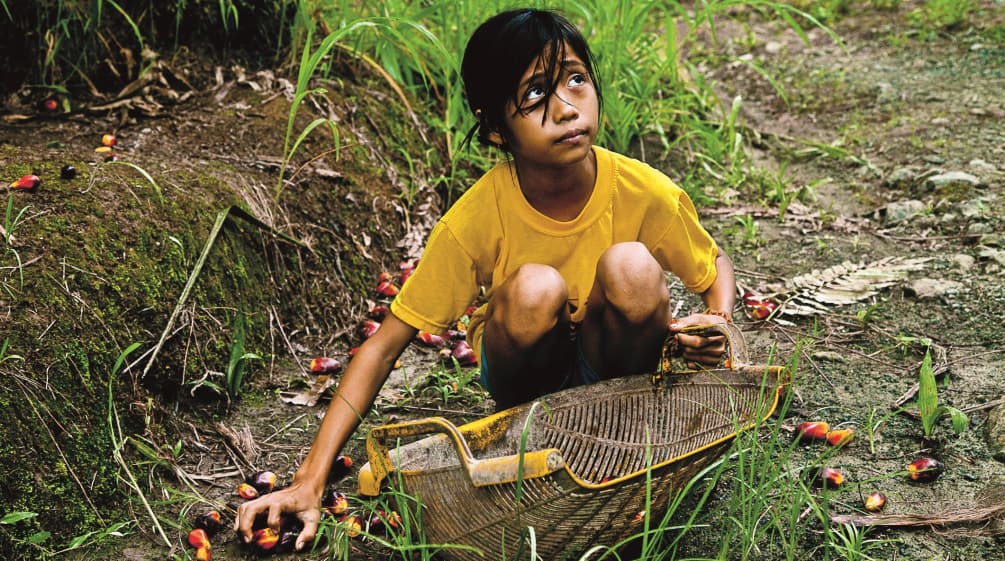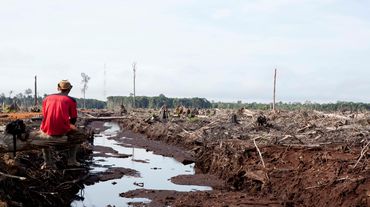Even more severe critique against Cargill
 Rainforests are more important than palm oil plantations (© Jason Motlagh/Pulitzer Center on Crisis Reporting)
Rainforests are more important than palm oil plantations (© Jason Motlagh/Pulitzer Center on Crisis Reporting)
Jul 28, 2012
23,000 hectares of rainforest in a conservation area for orangutans were destroyed – for a palm oil plantation. The concession is held by a palm oil company which also delivers to Cargill. The corporation keeps referring to their apparently sustainable supply chain. Cargill however won´t be able to dismiss the EIA report too swiftly.
The EIA (Environmental Investigation Agency) and RAN (Rainforest Action Network) are again seriously criticizing the corporate groups Cargill and Bunge. Palm oil is supposedly being delivered to both corporations by a company that has illegally established a palm oil plantation in central Kalimantan (Borneo, Indonesia). The Indonesian sub-supplier of both multinational corporations has therefore drained peat swamps in that area and destroyed 23,000 hectares of rainforest inhabited by orangutans.
In April, Cargill wrote a statement addressed to Rainforest Rescue (in German): “(...) we do not cultivate palm oil in areas in which High Conservation Value Forests (HCVF) grow. Equally, we will not establish new palm oil plantations in areas in which biodiversity is endangered, including orangutans and other native species.”
Cargill confirms palm oil delivery from logging company
In march 2012, the EIA documents in a dossier of evidence how Cargill and Bunge are involved in serious environmental damage and failure in law enforcement in many cases through their involvement with Indonesian partner firms. The facts of the study are underlined by camera shots, that document the extensive environmental damage in central Kalimantan.: “Before PT SCP came here, there were many wild animal species: Orangutans, monkeys, crocodiles. But now, no forest is left“, an eyewitness explains. PT SCP belongs to the PT Best Agro International Group – a large Indonesian palm oil company, that verifiably delivers palm oil to Cargill and Bunge.
In 2011, Cargill confirmed to the news agency Reuters, that the Indonesian firm PT Best is delivering palm oil to them. On top of that, Cargill announced that they would stop the delivery if proof was served that the actions of their sub-supplier were illegal. The study as much as the camera shots do not seem to be sufficient proof enough for Cargill. What else do they need?
Testing the Law from EIA on Vimeo.











